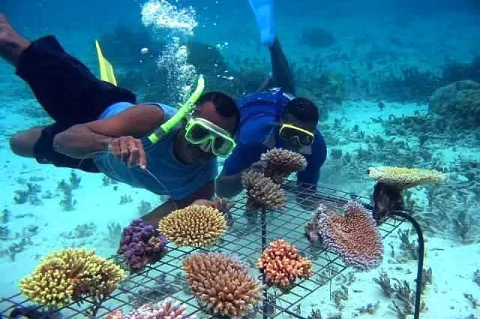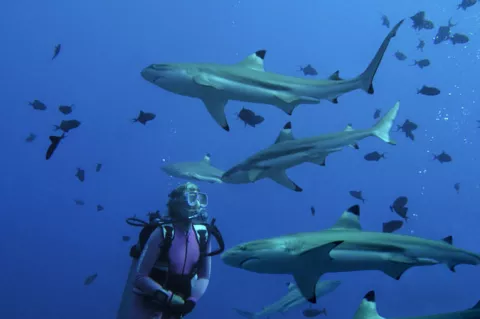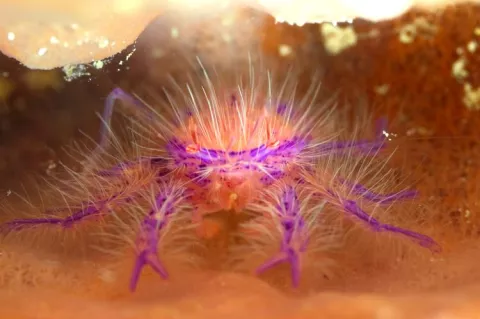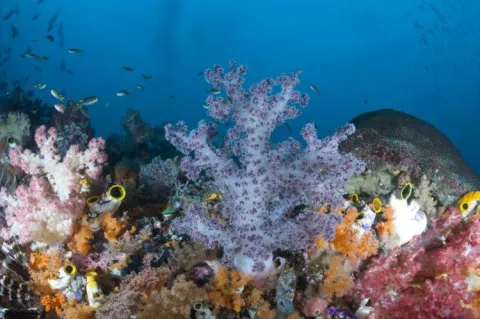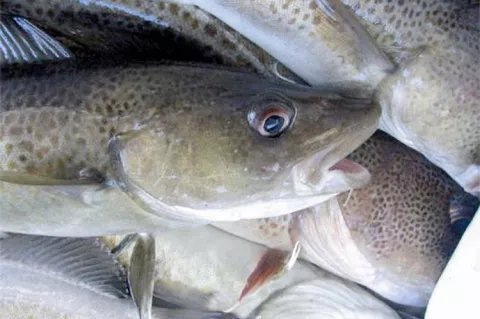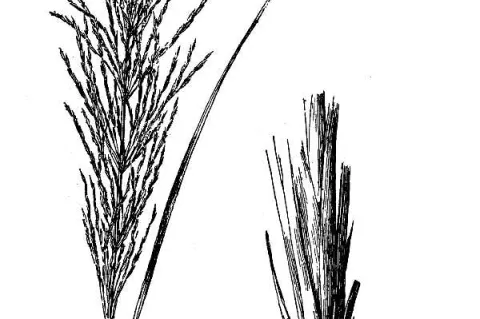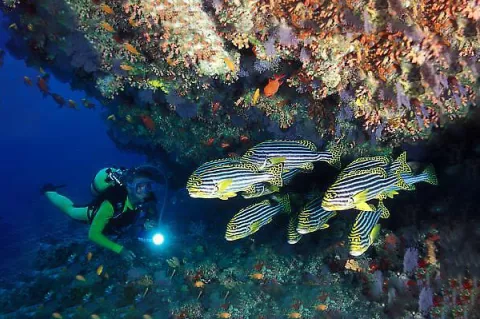Coral Gardening - a new profession for resorts?
Coral farms can ideally be managed by local communities and tied into restoration of coral reefs. This will also allow the indigenous communities to benefit directly from improvements in local biodiversity that follows. As cultivation will replace greenhouse culture overseas, there will also be an overall reduction in CO2-emissions

